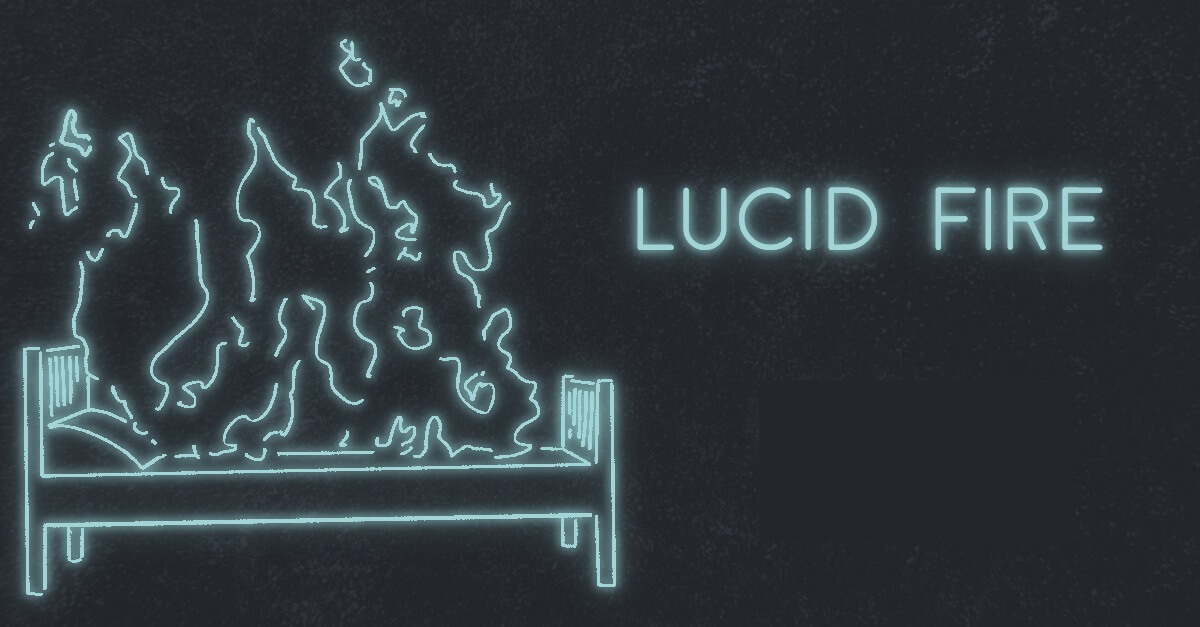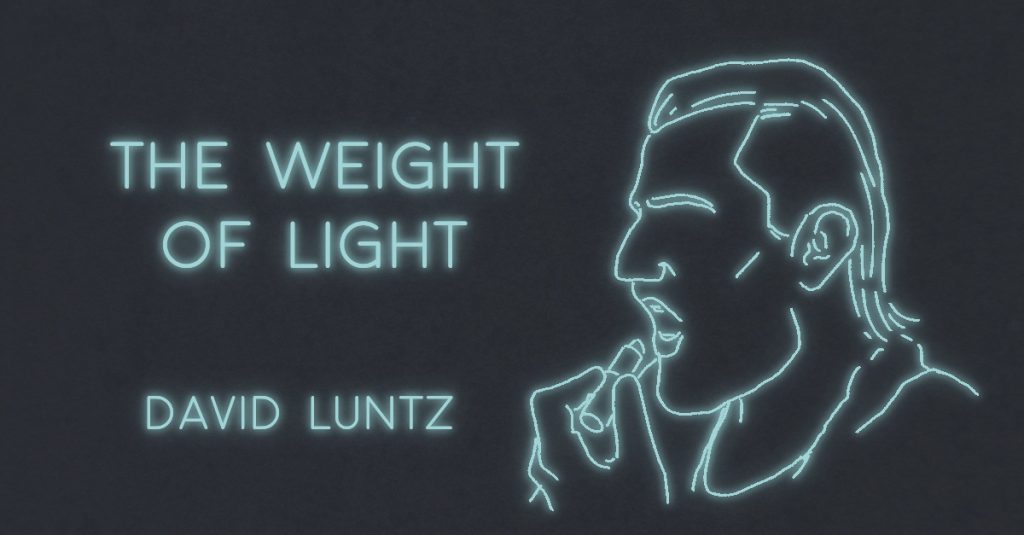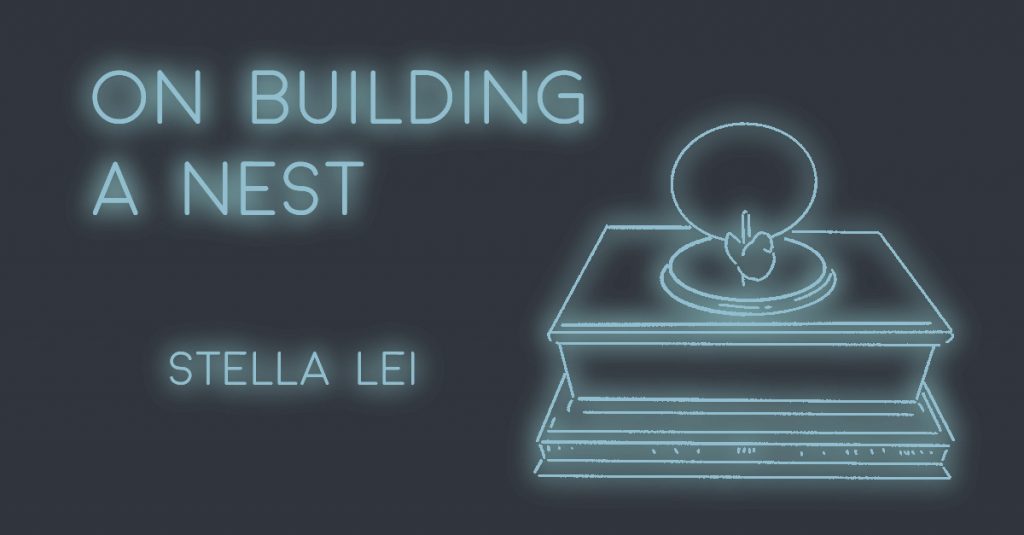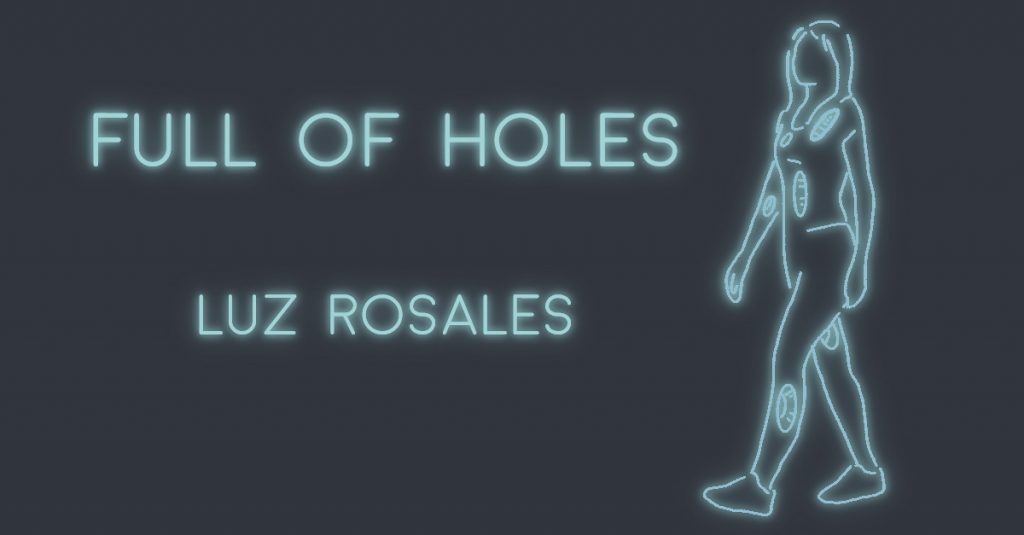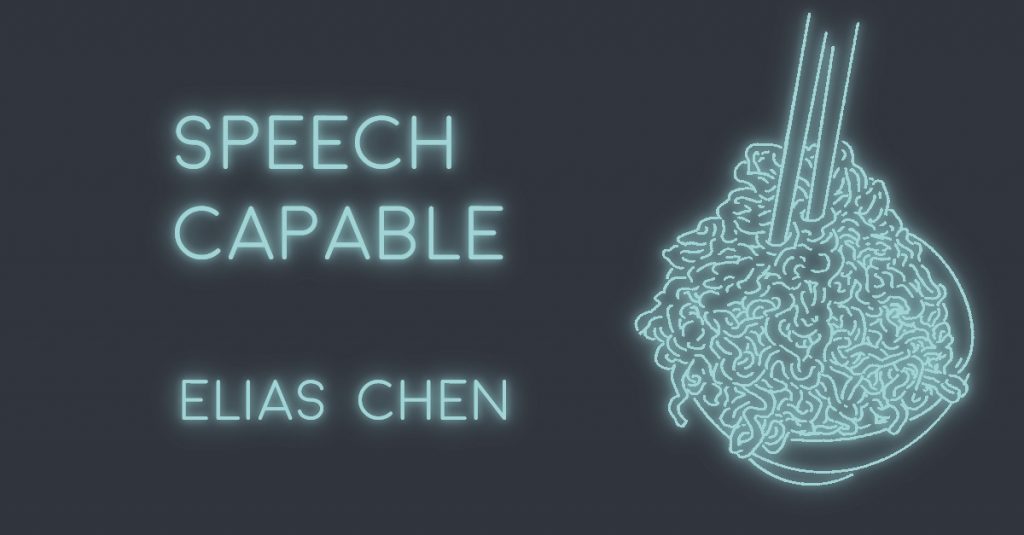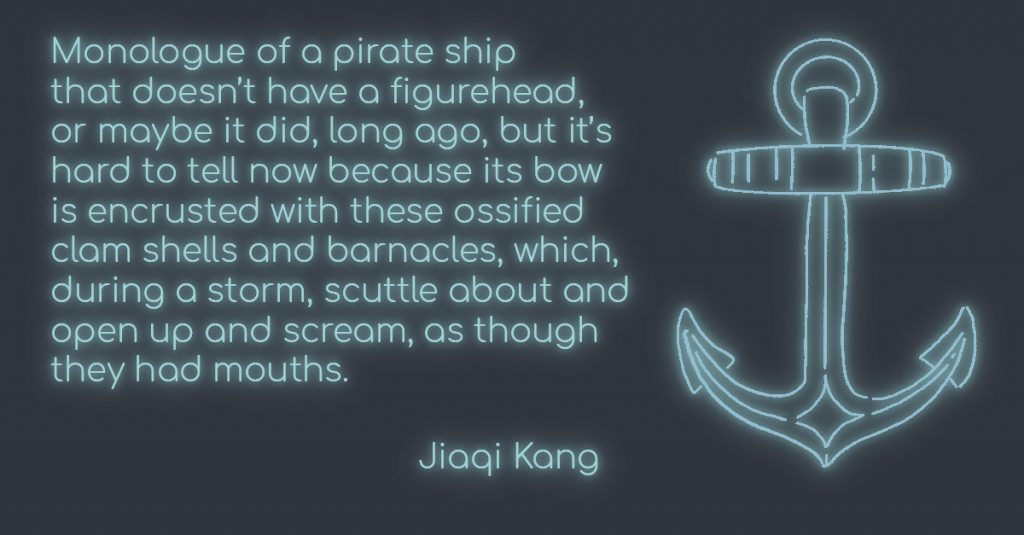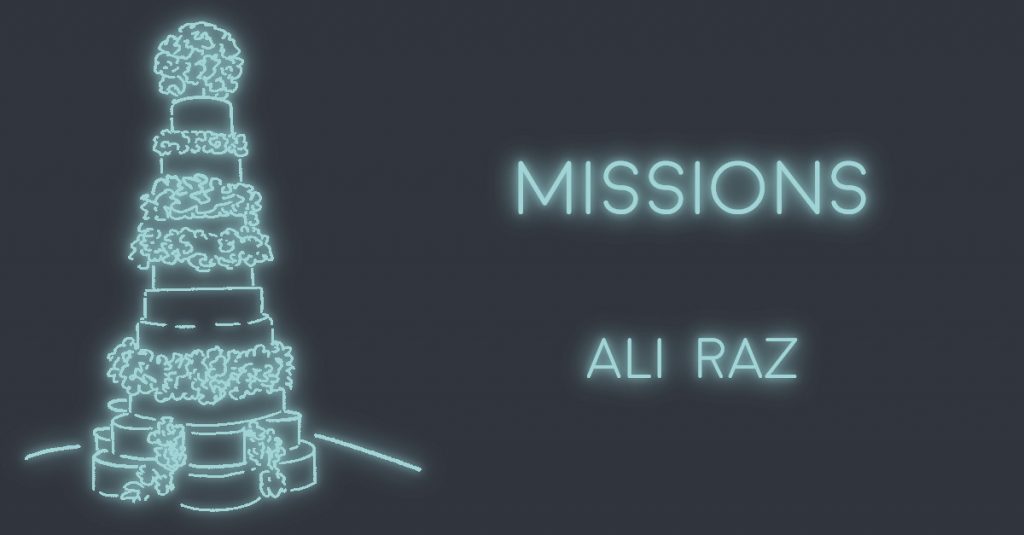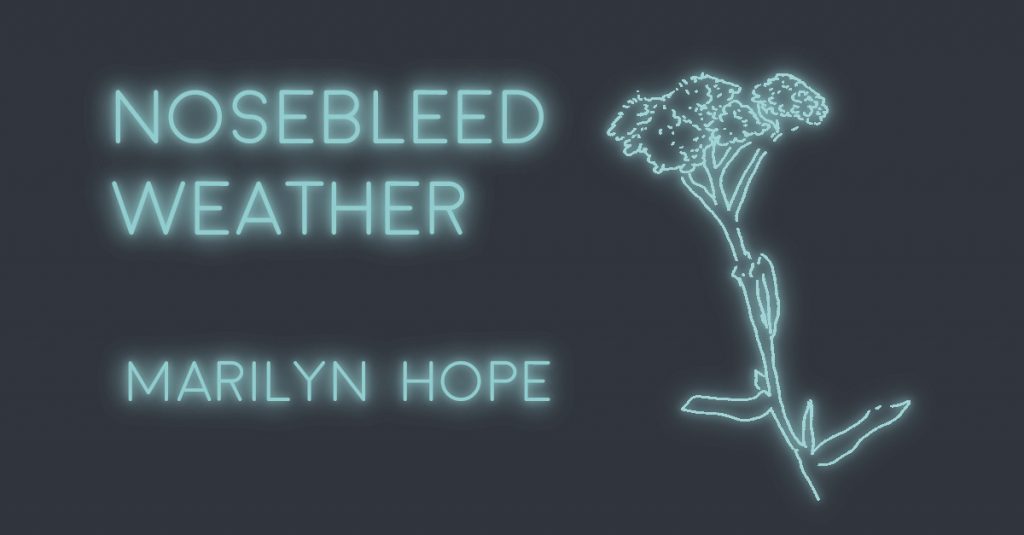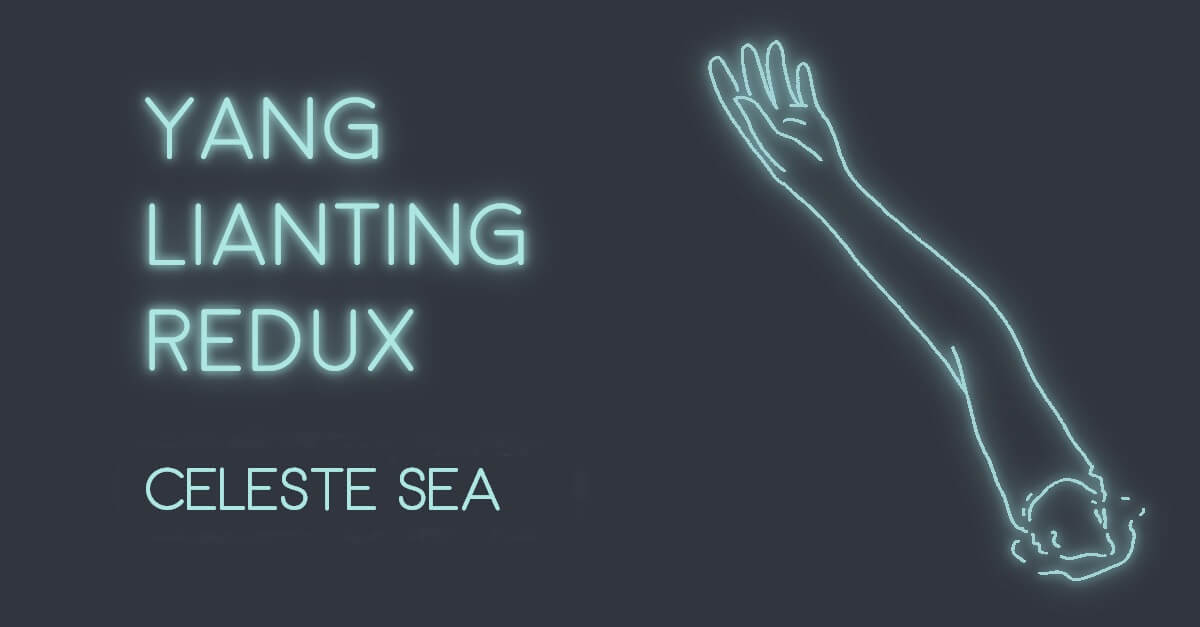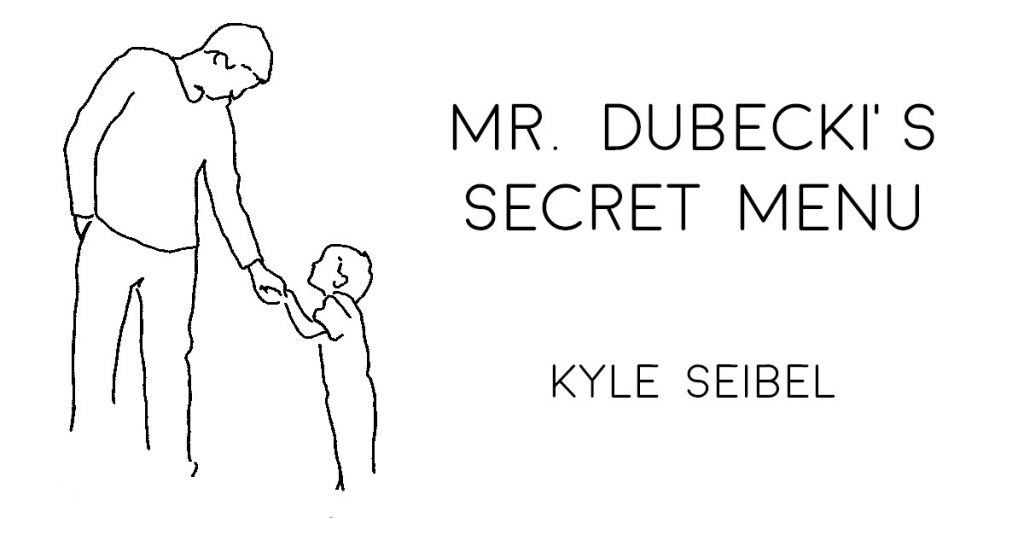
MR. DUBECKI’S SECRET MENU by Kyle Seibel
Mr. Dubecki is the first person I tell about the people humping in the men’s restroom because he is the franchise owner slash store manager for one thing, but also because he’s the only other person here after Greg went home sick and Rocky’s brother picked him up early and the new girl who’s training on the window would only get in the way, so she got cut and Mr. Dubecki said he’d come by to help me close. Near the end of the shift I go to clean the facilities and what I find is that it’s a four-legs-under-the-stall…

